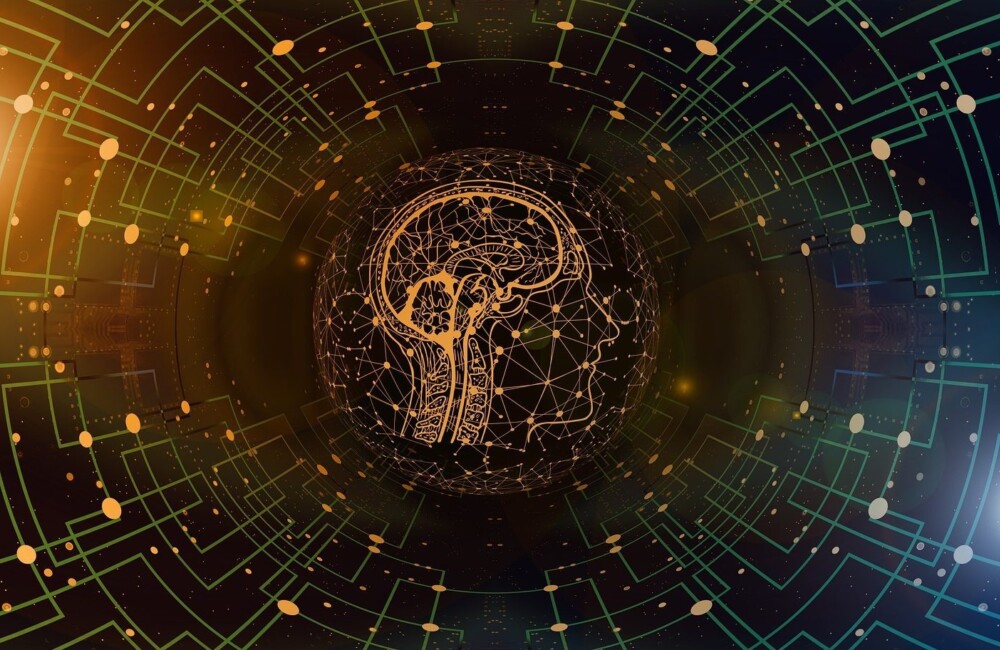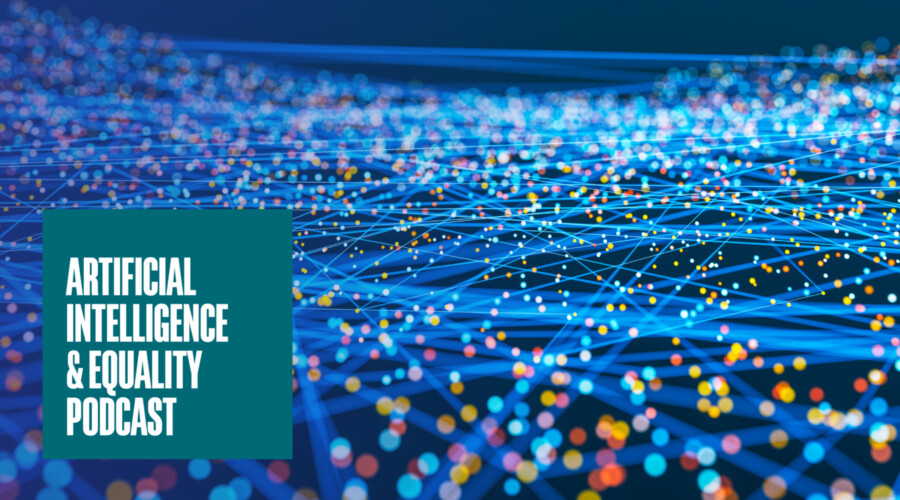In mapping AI and equality, it is helpful to develop broad categories that highlight distinct trajectories showing how AI impacts people and their relationships with each other, and with our shared environment. This series of blog posts aims to provide fodder for further thought and reflection.
Do we, humanity, have the intelligence to navigate the promise and perils of technological innovation? Can we ensure that the technologies we deploy do not just serve the more privileged among us, but will improve the lives of everyone? Emerging technologies offer wonderful and far-reaching possibilities from personalized medicine to productivity gains and novel forms of education and leisure. The sheer ubiquity and speed by which new applications, particularly those based upon artificial intelligence (AI), are deployed is both disruptive and positively transformative of industries, governments, institutions, and the socio-technical fabric within which our lives are embedded.
AI applications, which are being introduced for every domain, accelerate and amplify the development of other technologies, and synergistically interact with emerging tools and techniques in ways that can be truly beneficial or can at times be harmful or difficult to predict. AI allows engineers to discover and analyze correlations within vast amounts of data through fast iterative processing and algorithmic reasoning. This enables the software to “learn” from features in the input data and perform human-like tasks as its output. While machine learning has produced some remarkable task-oriented results, such as beating the world champions at the game of GO, the artificial learning techniques presently available pale in comparison to the rich modes through which children discover and grow. Nevertheless, even limited forms of machine learning can impact individuals and humanity for better or for worse.
Carnegie Council for Ethics in International Affairs has inaugurated an Artificial Intelligence & Equality Initiative (AIEI) to study the many ways in which AI impacts equality. Equality and inequities in their many forms provide a revealing perspective through which to assess the broader societal consequences of AI. These in turn will also impact international affairs and geostrategic priorities.
Both “artificial intelligence” and “equality” are terms whose meaning can vary from very broad usage to more specific application. For the Carnegie Council initiative, we view AI broadly, but within that broad usage there are distinct forms of artificial intelligence such as machine learning and natural language intelligence. Equality also encompasses different forms from economic equality to political equality and equality of opportunity.
Anja Kaspersen is a Senior Fellow at Carnegie Council of Ethics in International Affairs. She is the former Director of the United Nations Office for Disarmament Affairs in Geneva and Deputy Secretary General of the Conference on Disarmament. Previously, she held the role as the head of strategic engagement and new technologies at the International Committee of the Red Cross (ICRC).
Wendell Wallach is a consultant, ethicist, and scholar at Yale University’s Interdisciplinary Center for Bioethics. He is also a scholar with the Lincoln Center for Applied Ethics, a fellow at the Institute for Ethics & Emerging Technology, and a senior advisor to The Hastings Center.





